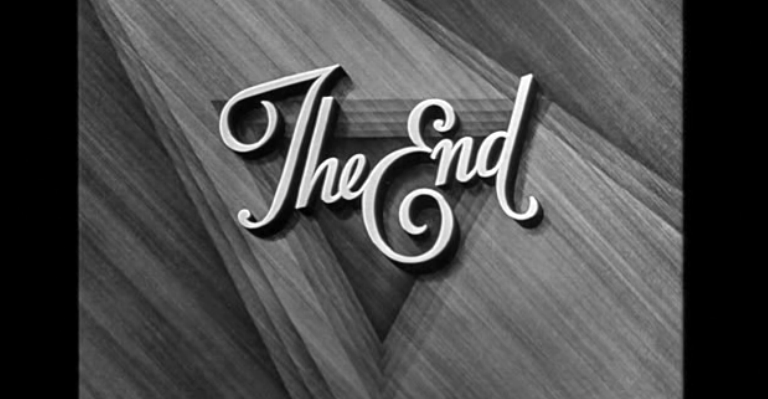
The first few lines of any story are the most important — and often most difficult — words you’ll write. The next most challenging piece of writing is the ending. Once you draw your readers in and take them through your story, you need to leave them with a satisfying conclusion. Here, then, are some tips for writing powerful endings:
Fiction picture books: The story in a picture book must come to a natural, logical conclusion. The action should end at a definitive moment, with no plot points left hanging. The reader needs to be satisfied with the way the story ends; the main character (with whom the reader is identifying) must solve the conflict by the last page. The conclusion cannot be implied or left open; readers shouldn’t have to choose between several possible outcomes.
Some authors try to sum up the message of the book in the last paragraph. If your story is well-written, the reader will know what the character learned without your having to blatantly spell it out. Once the action is over and the conflict resolved, the story ends. Anything beyond that point dilutes the impact of all that’s gone before.
Chapters: Chapters must feel complete in themselves. Some of the best authors limit their chapters to one scene or event, starting a new chapter with the next scene. A powerful way to end a chapter is at a climactic moment in the middle of a scene. This causes the reader to want to turn the page and see what happens next, The most effective chapters end in the same way they begin: with action or dialogue.
Novels: Novels, like picture books, must have a complete ending. Your character faces a problem oar conflict during the course of the book, and once that problem is resolved the story ends quickly. Many beginning authors add a final chapter that shows how life returned to normal after the story took place; this is unnecessary information that takes away from the impact of the story’s resolution.
Any subplots must be tied up before or at the same moment as the conclusion of the main story. The last chapter focuses on the main character and the sects of his actions. Show how that character has grown or changed in some way, but avoid preaching to your readers. This information can generally be summed up very quickly and dramatically with a short final chapter.
Articles: Think of the end of an article as a conclusion, rather than simply summing up facts. The final paragraph draws information from the body of the article and shows the reader why this topic is significant to him. The ending must relate to the initial premise of the piece, answering the questions posed at the beginning. The conclusion packs the final punch of the article, showing the reader why this information is important in the first place. Ending with an interesting quote or point can entice readers to further explore the topic.
Nonfiction books: As with articles, the end of a nonfiction book is the conclusion of all the information you have presented. However, with books you have an entire chapter to make your point. Many authors title their last chapter with a question, such as “Where Do We Go From Here?” or “What Does the Future Hold for the Amazon?” The body of your chapter will answer this question, drawing from the facts in the book and posing possible solutions. If you relate the subject to the reader’s own life, he will continue to have an interest in the topic long after he finishes your book.
Endings are important. They are the final contact you’ll have with your readers; your last chance to make an impression. Take time with your endings and write them carefully. A satisfying conclusion will not only make reading an enjoyable experience, but children will anxiously await your next work.
Tags: craft, endings
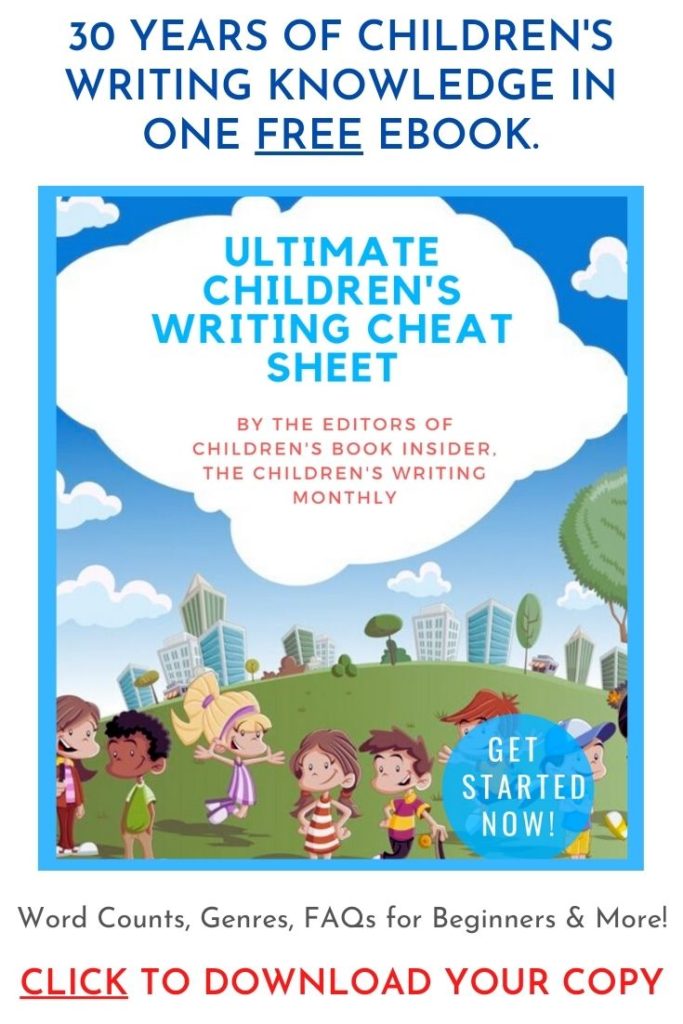
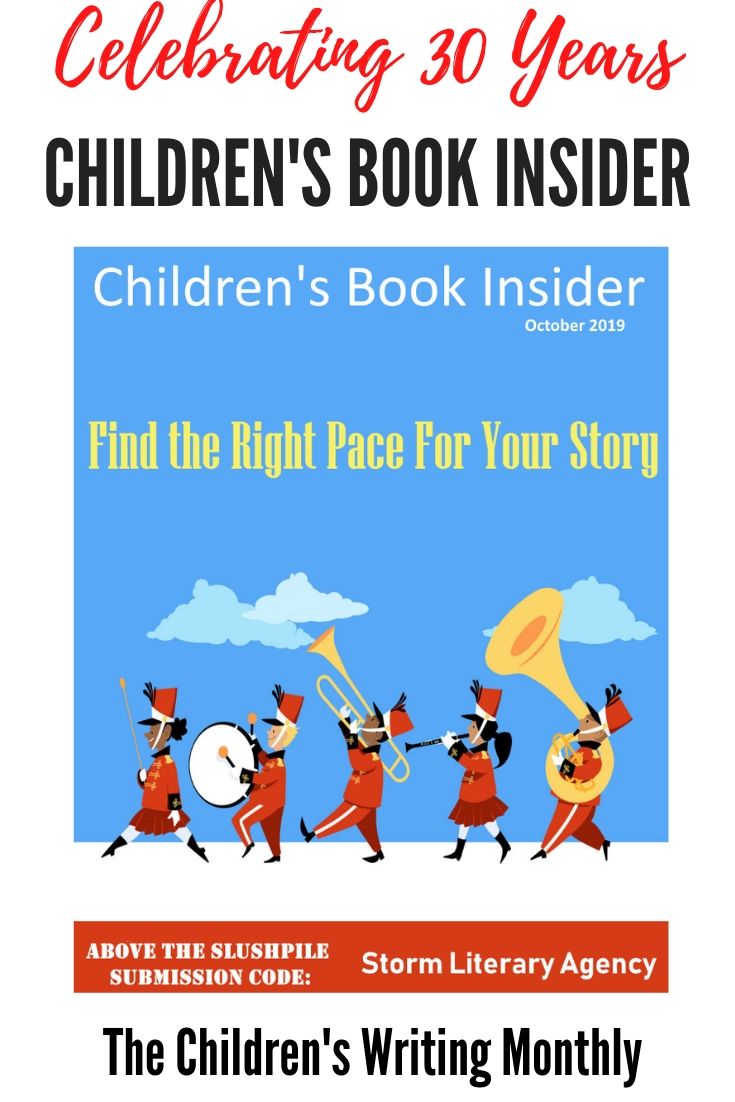
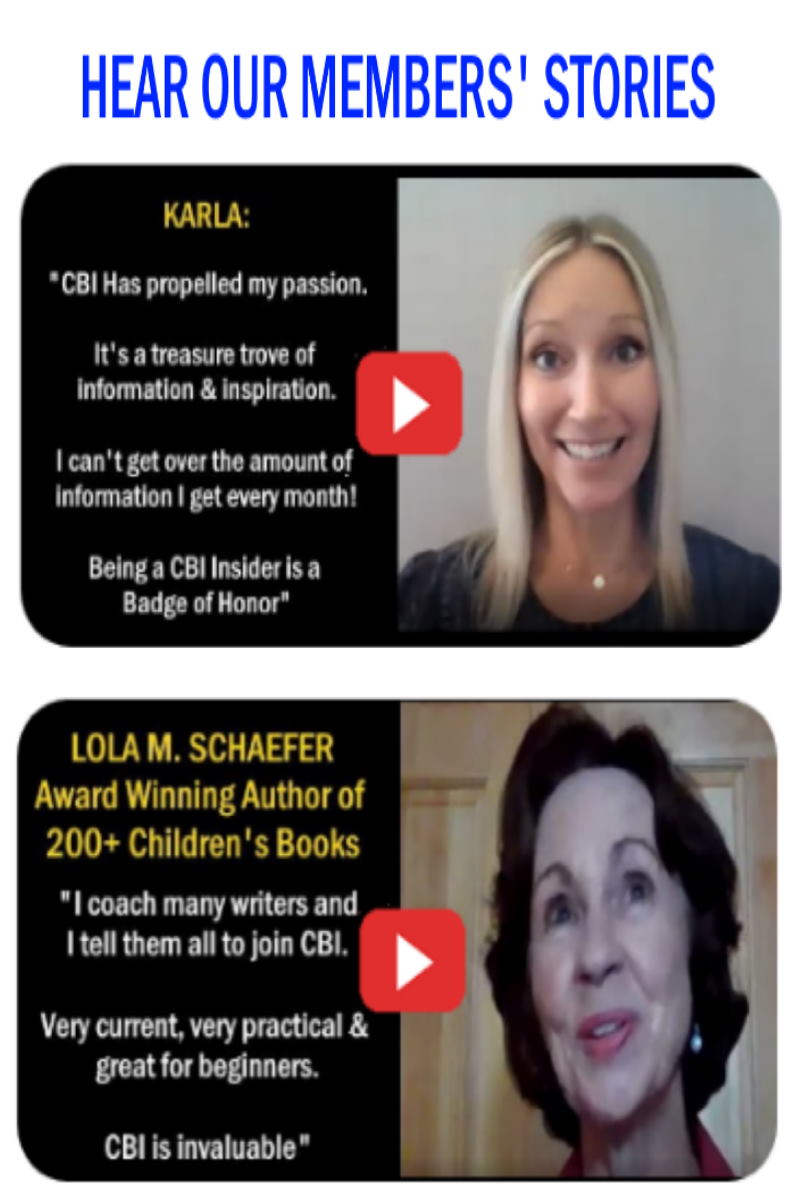
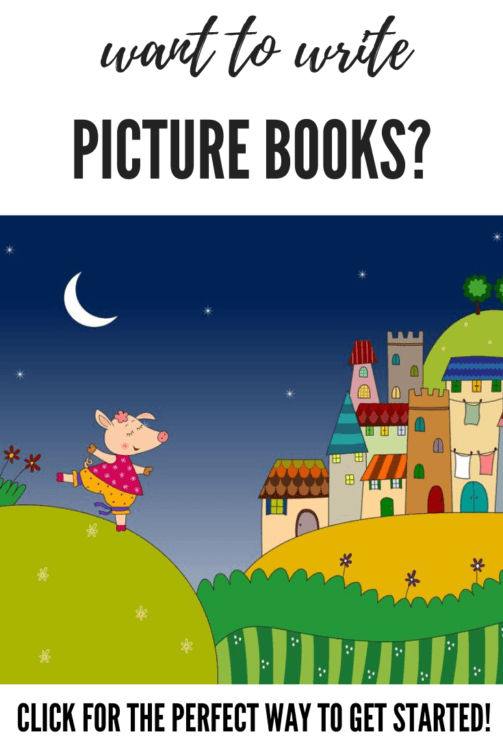


Great article. I added a phrase to my PB in progress because of this article. Thank you.
Greta information. I have shared it on my blog. Thanks so much